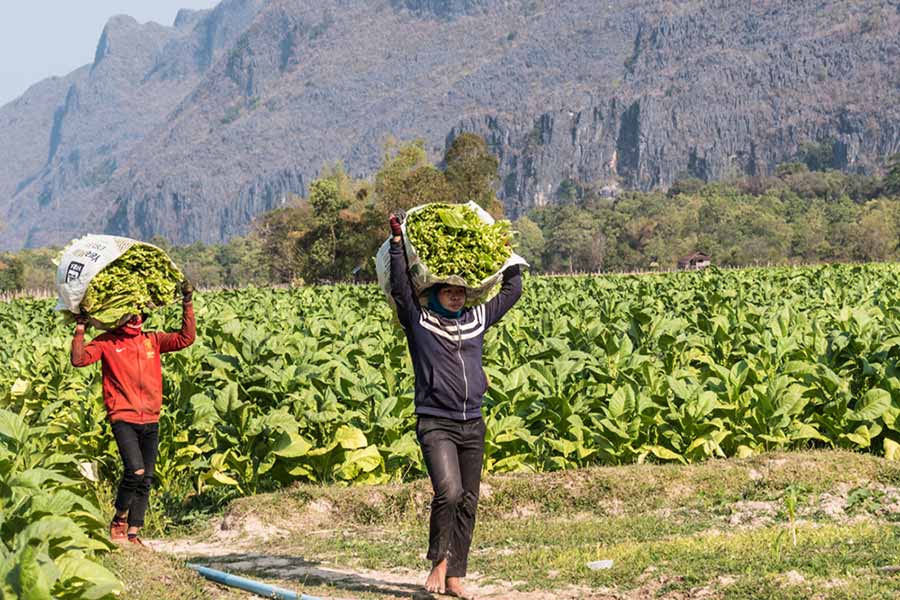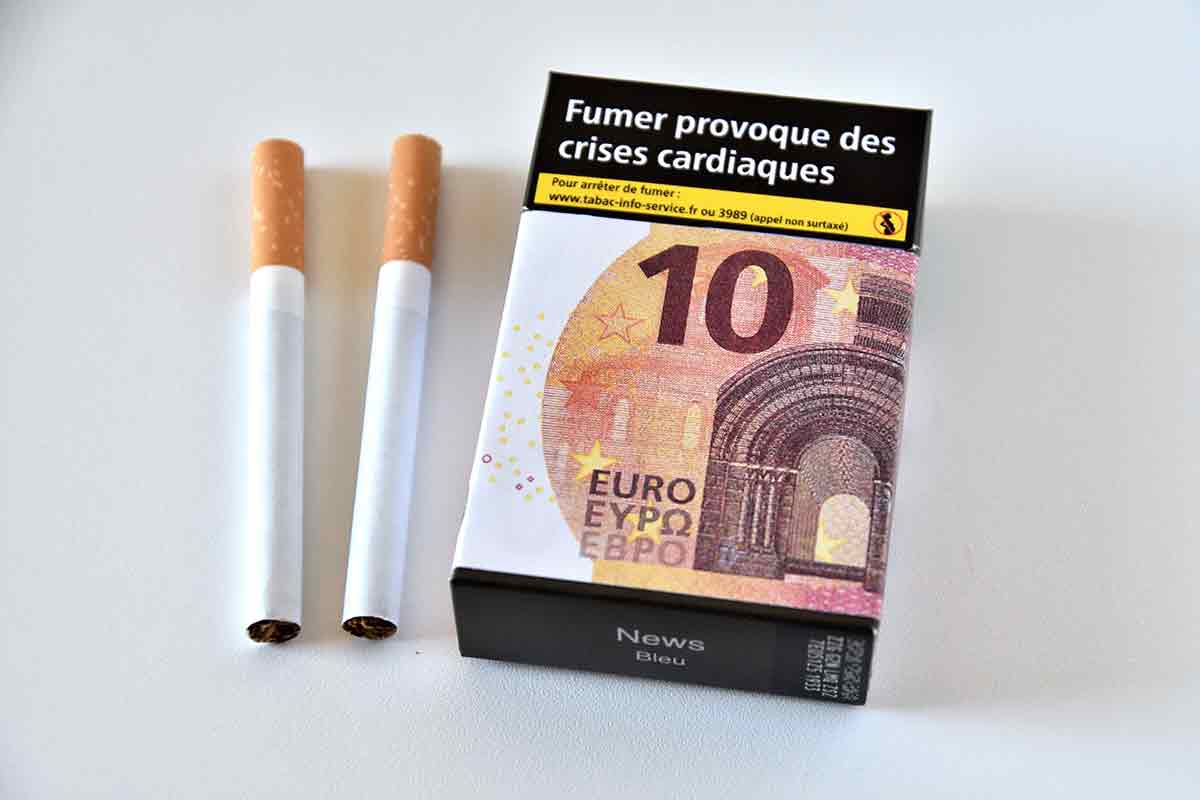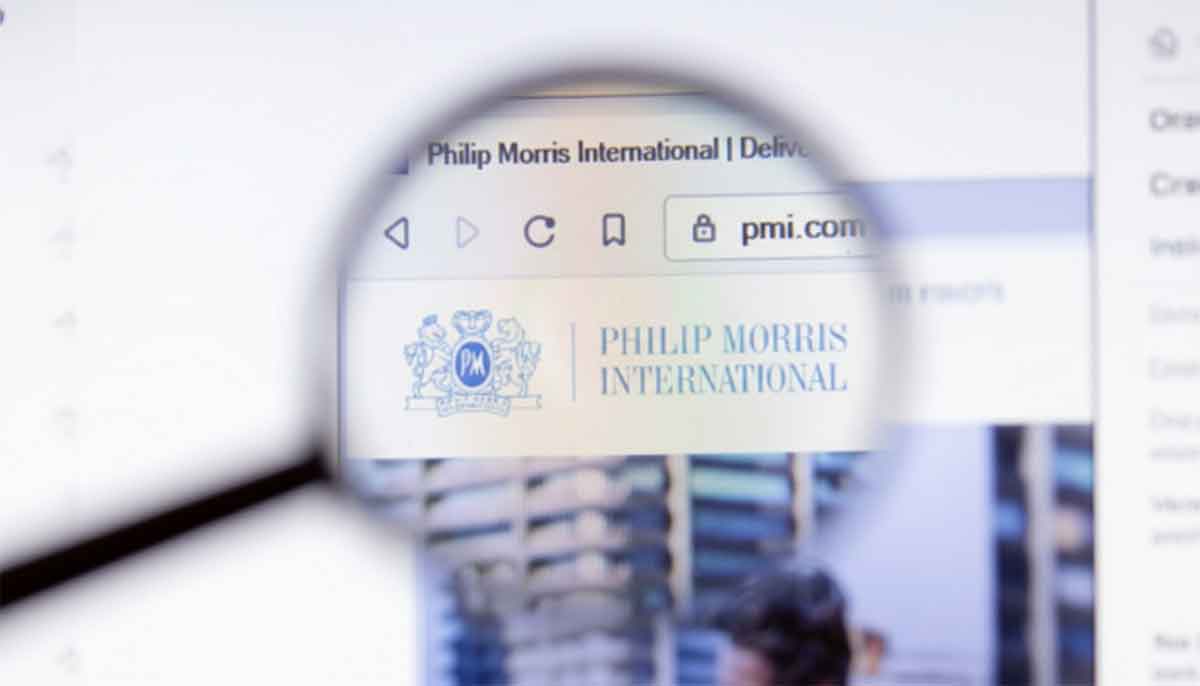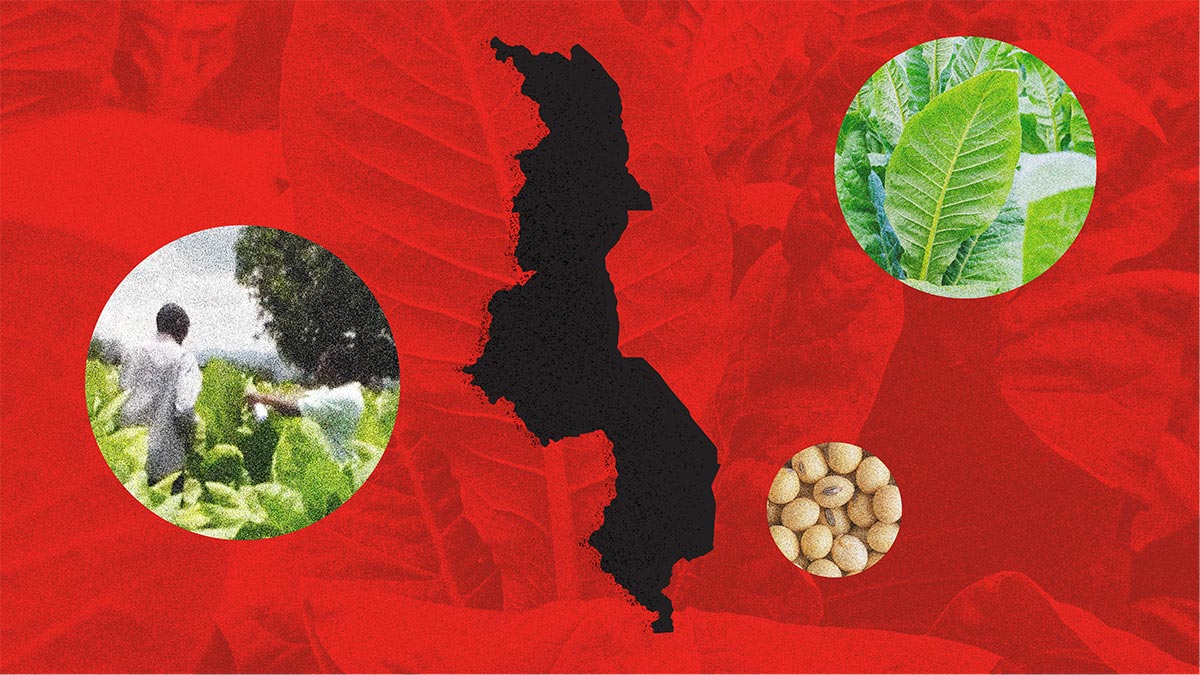- Resources
- News
-
-
Now Accepting Grant Funding Applications
Ready to tackle industry interference? Apply by February 25.
-
Get Email Updates
Sign up for STOP's emails and never miss an update on our latest work and the tobacco industry's activity.
-
Share a Tip
Do you have information on tobacco industry misconduct in your country? Let us know.
-
Now Accepting Grant Funding Applications

On February 2, members of Imperial Brands’ Board gathered for their first face-to-face Annual General Meeting (AGM) since 2020. In his presentation to shareholders, Imperial’s CEO talked about transformation, a new purpose and an aspiration of a healthier future—common themes of the new narratives many large tobacco companies are trying to create.
It’s ironic, then, that the reported response to a question about Imperial’s agreement with the government of Lao PDR that caps tobacco taxes indicated the company wants more of the same—preferential tax treatment, lower tax revenues for the country and its Tobacco Control Fund and continued affordable access to cigarettes.
But in a country where more than 1.1 million adults and 17,000 10-14-year-olds use tobacco daily, more of the same will only lead to more harm. To bolster tobacco control and honor Lao’s Law on Excise Tax and the country’s commitment to the World Health Organization Framework Convention on Tobacco Control (WHO FCTC), this agreement can’t continue as-is.
What is the Investment License Agreement (ILA)?
In 2001, Imperial Brands (formerly Imperial Tobacco), the fourth-largest transnational tobacco company in the world, and the Lao government signed the Investment License Agreement (ILA), designed to be in effect for 25 years, until 2026. The ILA allows for a tax rate of only 15-30% to be applied to products of Lao Tobacco Limited, in which Imperial is a majority shareholder. This severely undercuts the country’s tax law that requires a tax rate of 60% for tobacco products.
The ILA puts the government and people of Lao at a disadvantage and instead favors the commercial interests of a U.K.-based multinational corporation. The impact has been significant.
How does the ILA hurt Lao?
During Imperial’s recent AGM, Phil Chamberlain of the Tobacco Control Research Group at the University of Bath, a partner in STOP, asked the board to consider this impact. He laid out for the board and shareholders what’s at stake for the people of Lao if this agreement isn’t changed: “According to tobacco control experts, the tax currently levied on tobacco products is far below that stated in the Lao tax laws. It means that between 2002 and 2019 the Lao government suffered revenue losses of US $142 million due to this contract. And the government could lose US $6 million annually until 2026.”
These losses translate to real disadvantages. According to the Southeast Asia Tobacco Control Alliance (SEATCA) the roughly US $80 million lost during the first 13 years of the ILA could have been used to build 592 schools, thousands of kilometers of asphalted and concrete roads or—particularly notable since the onset of the pandemic—29 hospitals. This infrastructure is needed in Lao, where the country’s poverty rate sat at about 18% in 2019.
With this agreement, the government’s Tobacco Control Fund is also being robbed of much-needed money to counter the harms caused by the tobacco industry. SEATCA estimates the government lost over US $20 million for the Fund between 2014 and 2019, as Lao Tobacco Limited used the ILA to avoid the required 2% of profit tax and LAK 200 pack-surcharge taxes.
Capping tobacco taxes doesn’t just hurt government revenues, it blunts a useful tool that can help reduce tobacco use. When tobacco taxes rise, cigarette prices increase. Evidence shows that higher tobacco prices that reduce affordability encourage current users to quit, dissuade people who might start and reduce the amount of tobacco consumed for those who continue to use. In 2020, more than 50% of men and 7% of women in Lao were current smokers, numbers that could increase without meaningful intervention, the country’s Vice Minister of Health has warned.
What’s next for the ILA?
After expressing the concerning tax revenue losses, Chamberlain asked Imperial, “How does Imperial Brands respond to the charge that this investment deal is removing badly needed funds from the Lao government which could finance health care for its citizens?”
Despite acknowledging in the AGM that consumer health is an important priority for many of its shareholders, Imperial said very little about the agreement—less than it did when questioned in 2015. According to Chamberlain, Imperial asserted that the ILA is a legal agreement and that the company pays what it’s supposed to in taxes under the deal.
Lao Tobacco Limited has nearly 80% of the country’s market share, which means its products may account for the majority of tobacco-related harms and related expenses in the country. Yet, the company enjoys a lower tobacco tax rate for its products . If the ILA isn’t amended or scrapped altogether, this discrepancy will continue.
To protect lives, the ILA must come to an end.
Tobacco industry influence over tax policies is a common tactic used around the world to protect tobacco profits, but governments can and should stand up to this meddling. Lao has not adjusted tobacco tax rates since 2011, and even still, rates for Lao Tobacco Limited remain lower than those of the national tax law and the recommendations set forth in the FCTC.
“Imperial’s business in Lao PDR is all about selling more cigarettes as cheaply as possible to more people and maximizing its profits. It takes no responsibility for the harm it wreaks on the Lao people,” said Mary Assunta, Head of Global Research and Advocacy for the Global Center for Good Governance in Tobacco Control, a partner in STOP, and lead author of the Global Tobacco Industry Interference Index, which reports on tobacco industry interference in policy around the world.
Lao has a duty to its citizens to enforce its tobacco tax law and honor its commitments made under the FCTC. Imperial must act now to end the ILA and allow the Lao government to fulfill its duties and obligations.




